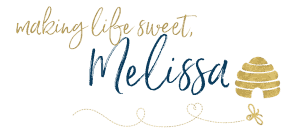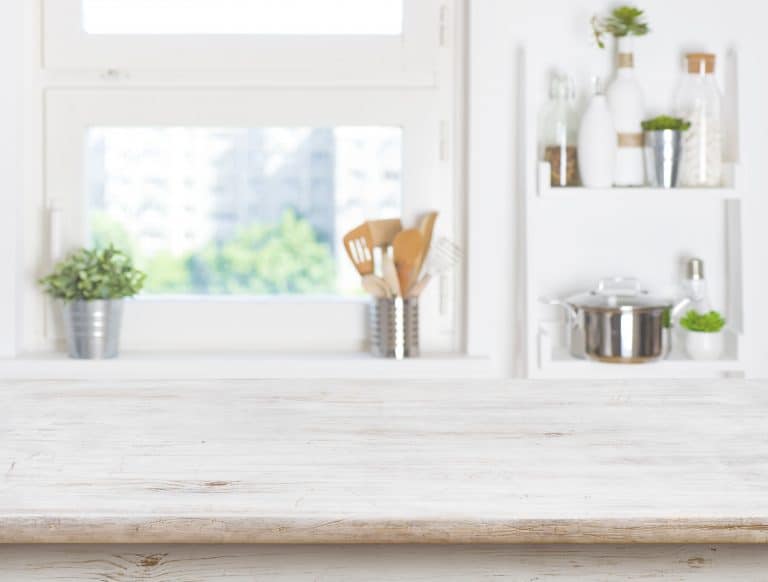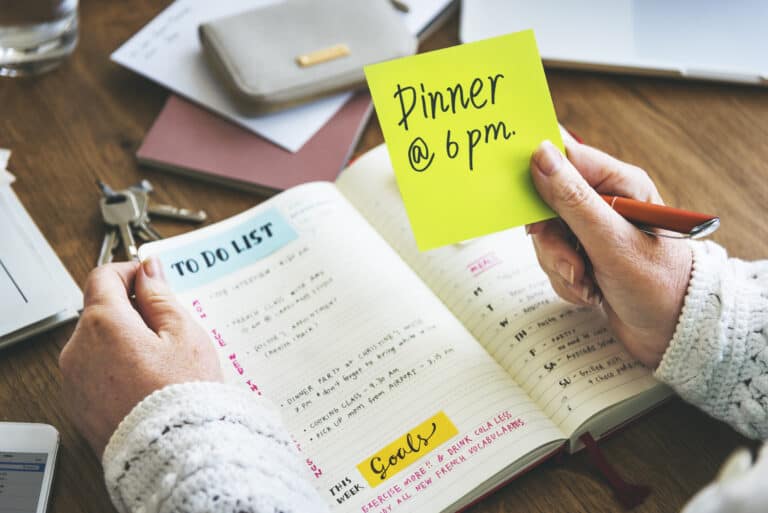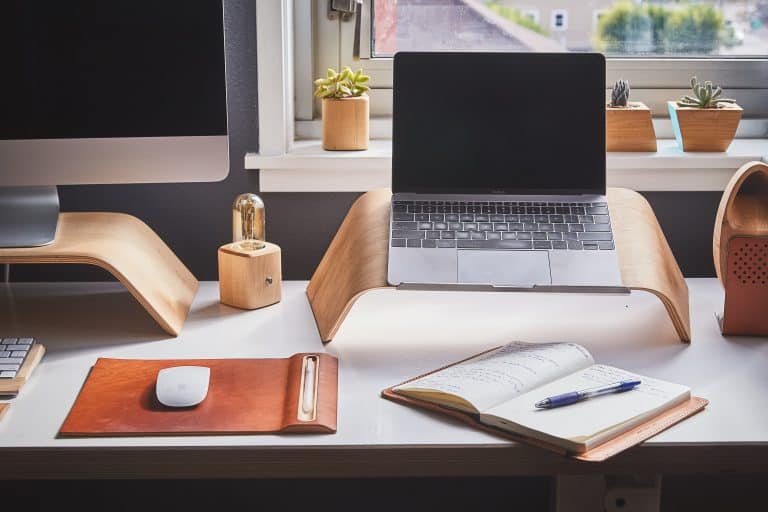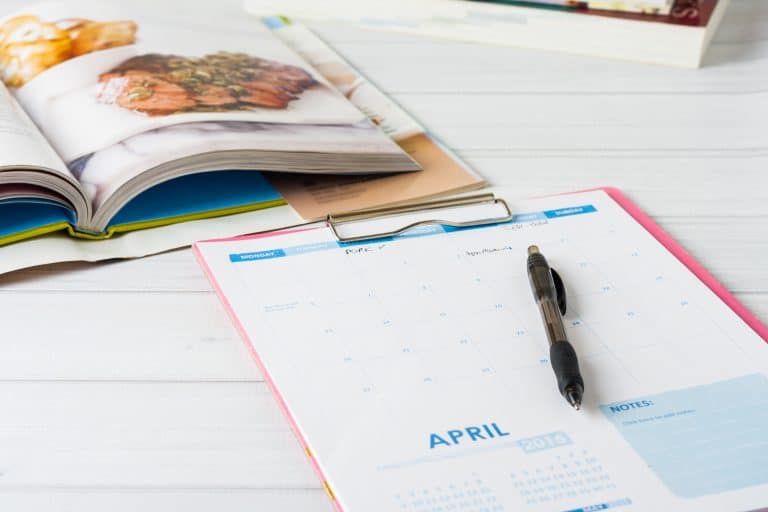Do you want to stop wasting time, reduce stress, and create a culture of ease in your home? One of the best ways to reach these ideals is to be organized. Decluttering, time-management, and strong routines will help you become organized. If you want a sweet family life and want to get rid of the excess fluff, read on for practical steps you can start today.

Decluttering & Home Organization
I know many of us feel like we’re just too busy to even think about getting organized. Let me tell you about one (of the many) times this happened to me. It was one of those crazy busy, unpredictable, everyone sick in your family kind of months. Before I knew it, there was a pile of my clothes on the couch in our bedroom. Of course, I was too busy to deal with it so day after day, it remained. One day, I realized this routine I created.
Morning: Where did I put that shirt? = Go through the pile of clothes
Afternoon: I need to deal with that pile! So, during a kid’s nap, I’d begin to sort the clothes into 3 piles on my bed …1) to fold 2) to hang 3) to wash. I’d make some progress and then would be pulled away to a more pressing matter.
Night: Oh, I’m too tired for this, I’ll deal with it in the morning. Pile moved from bed to couch.
Next Morning: Repeat
Time Wasted
It was clear that EVERY SINGLE DAY I was wasting time doing the same unproductive steps. The reality is, it doesn’t save us any time to be disorganized. It actually costs us time. I wonder how much time I wasted looking for a particular clothing item or moving the pile back and forth.
If you’re struggling with disorganization in a part of your house, take the time to get organized. You don’t have to do it all at once, but the sooner you take it on, the more time you’ll have and the easier it is to find what you’re looking for.
Here are a few basic rules for getting any space in order. These apply to any space whether you’re starting in the garage, with your clothes, or in a junk drawer.
Sort
As you go through a pile, stack, or drawer, touch each item once and make a decision about its future. Do you want to keep, repair, or discard? If you plan on discarding, you can donate, sell, recycle or throw away.
Organize
This is critical for anything you plan on keeping…you have to designate a home for each item. Group like things together e.g. batteries in one place, writing utensils in one area, extra linens in a specified location. You get the idea. Find a home for the things you keep. If something doesn’t have a home, it will soon become clutter (again!)
Discard
Donate, sell, recycle, or discard as appropriate (Check out this post about how to make money when decluttering)
Getting organized helps you make the most of the time you have. It’s an initial investment of time but will pay off in the long run.
Time Management & Prioritization
The next big thing that can make a huge difference in feeling organized is how you manage your time. My first job after graduating University sent me to a training held by leadership guru Stephen Covey. Despite being over a decade ago, one of the principles I learned there stuck with me and shaped the way I managed time in my personal and professional life. I’ll try to explain it to you here, but sometimes, pictures speak louder than words. Check out the remake of Covey’s lesson in this YouTube video
First Things First
Plan your big things first and let the small things fall in between your big items. Often, we do things in the reverse order. We let the small things creep in e.g. stay on Facebook or email a little too long, oversleep, get lost in a book, or sucked into a show. Then, when it’s time to do the important (big things) we don’t have enough time in our schedule.
Covey did a great demonstration using the following items.
- an empty jar to represent your schedule
- big rocks = your priorities
- medium rocks = things that need to get done
- small rocks/sand = things you enjoy but aren’t priorities
- water = time wasters that creep in
He showed that if you start with water and work your way up to the big rocks, that there’s no way everything can fit in the jar (your metaphorical schedule.) But, if you do it the other way around and put your priorities first…the big rocks in first, then the medium rocks, then the small rocks/sand, and then the water, everything can fit into your schedule. The bottom line, prioritization is key to making the most of your time and increasing your productivity with the time you have.
Grab a copy of my Time-Blocking schedule at the bottom of this post. It’s a really practical way to block out the priorities or commitments your family has on a weekly basis. It allows you to visually see where your big blocks fit each week and the time you have to “play” with for other items.
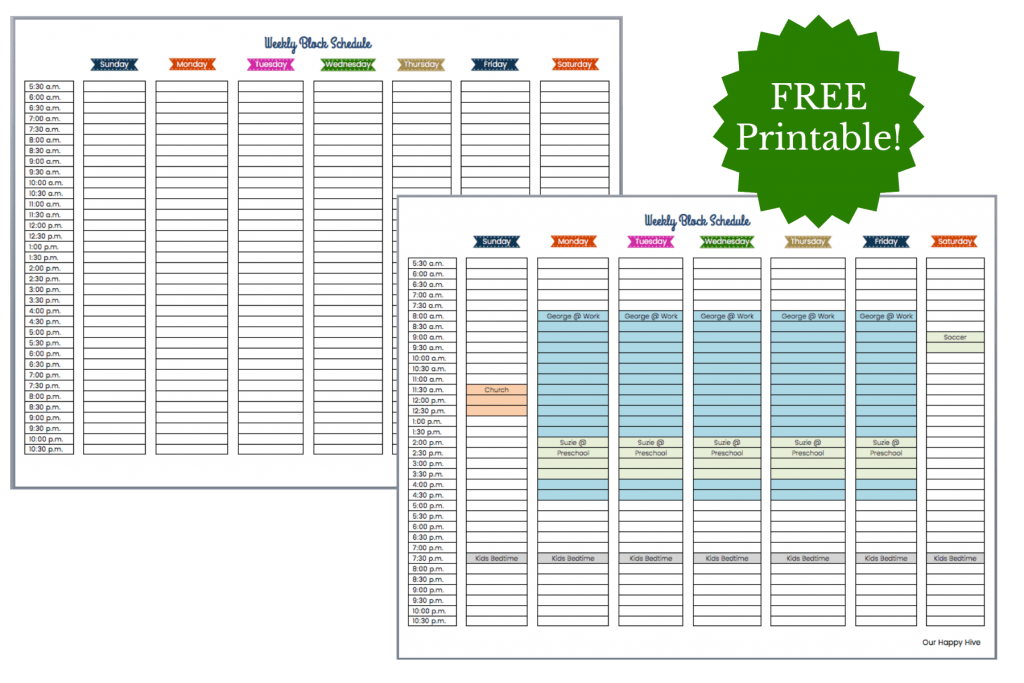
By improving your prioritization and time management, you will become more organized each day and minimize the stress that’s felt every time you face a deadline or scheduling conflict.
Strong Routines
We’ve touched on the benefits of an organized home and prioritizing your time, now let’s talk about the impact of routines. Routines create structure, predictability, and efficiency. They help the members of a family to be on the same page and empower little ones to have some control over their days. Routines minimize friction and make life a little easier. There are at least two types of routines you can have to make life easier:
Process Routines
Process routines spell out the steps needed during a specific point in the day. You may have a morning routine for example:
- Wake
- Go to the bathroom
- Brush your teeth
- Get dressed
- Eat breakfast
- Grab your bag/backpack
Kids as young as 2 or 3 can understand these sorts of routines. They come to expect the next step and can easily begin to take ownership of themselves.
Maybe you’re always losing your keys, phone, or wallet. If there’s something you have difficulty keeping up with, you can make a routine to place it in a specific location when you walk in the door, or just before you got to bed at night. Our nanny and daughter, made a little wooden box for my husband so that he could store some of the items he frequently misplaced. This physical addition to our home made a huge impact on his organization.
Weekly Routines
Zooming out a little, weekly routines are the things that give a cadence to family life. For our family, I work on certain days, we have playdates on other days, it’s pancakes on Saturday’s and church on Sundays. This predictability helps with time management and prioritization, like what was mentioned in the previous section. The Time Block Scheduling tool can help you create your families’ weekly schedule.
What Are You Going To Do
Getting your home organized helps your mental clarity. Prioritizing and managing your time improves your productivity. Establishing routines makes life easier. This trifecta can do wonders to help you become more organized and less stressed. Take a moment to write down the area that needs your attention the most and decide, what are you going to start today?!?
